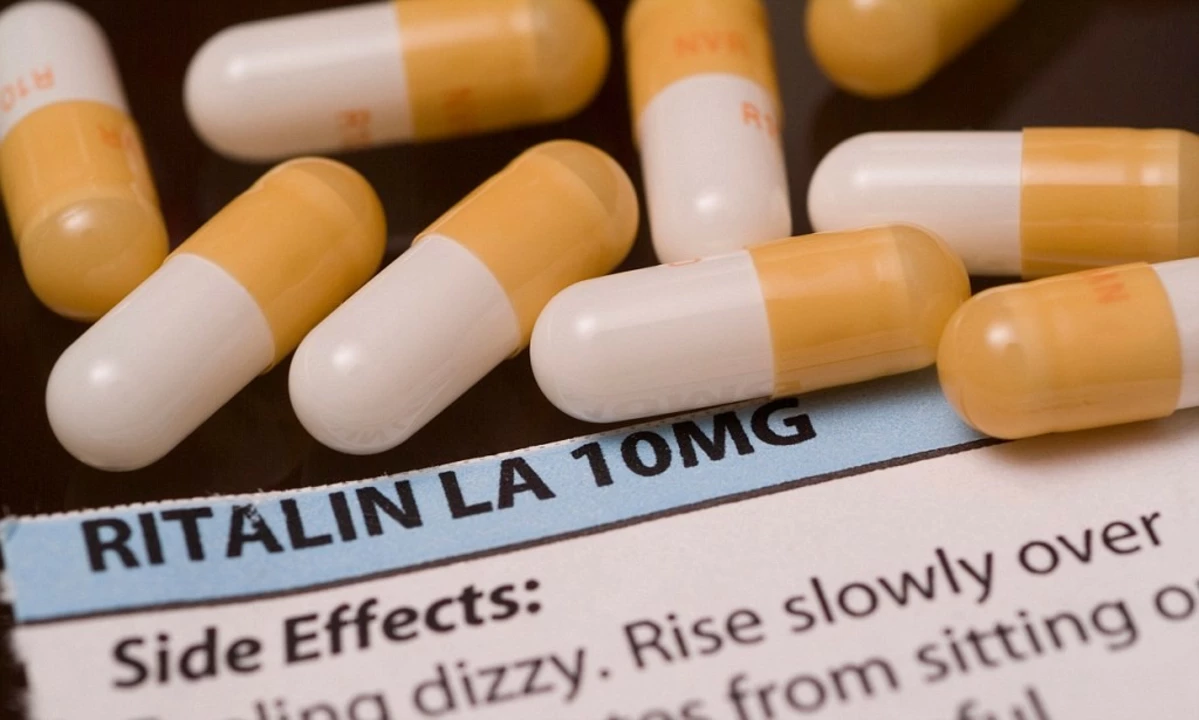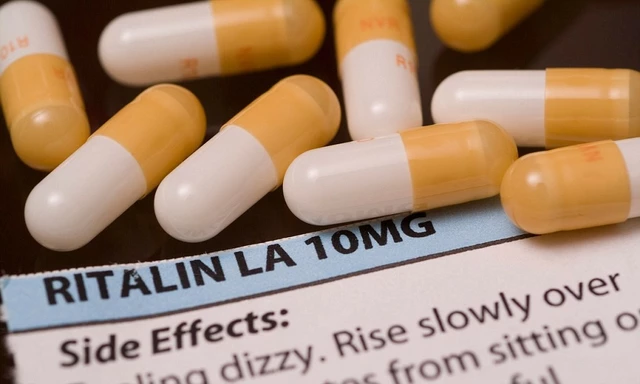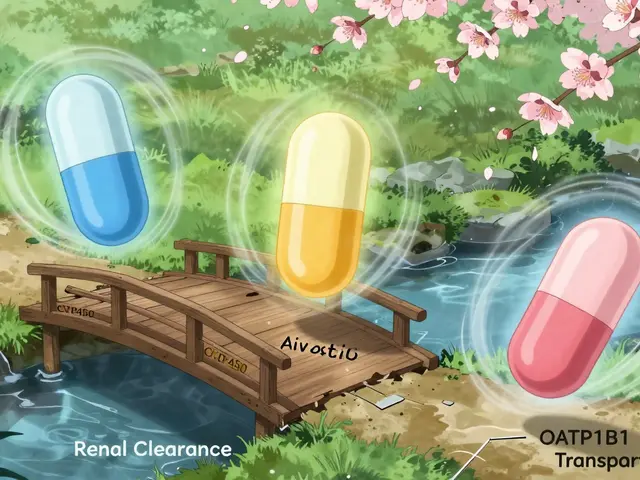Understanding Acitretin and Its Uses
Before we delve into the topic of Acitretin for children, it is essential to understand what Acitretin is and its primary uses. Acitretin is a retinoid, which is a class of medications that are derived from vitamin A. It is primarily prescribed to treat severe psoriasis, a chronic skin condition characterized by red, scaly patches on the skin. Acitretin works by slowing down the rapid growth and shedding of skin cells, which helps alleviate the symptoms of psoriasis.
Although Acitretin has been proven to be effective in treating psoriasis, it is generally reserved for cases where other treatments have failed, due to its potential side effects. So, the question arises - is Acitretin a safe treatment option for children? Let's explore this subject in detail through the following sections.
Acitretin for Children: Safety Concerns
One of the primary concerns regarding the use of Acitretin in children is its potential side effects. Some of the common side effects include dry skin, chapped lips, hair loss, and increased sensitivity to sunlight. In some cases, Acitretin may cause more severe side effects, such as liver damage, high cholesterol levels, and bone or joint pain.
Another significant concern is the risk of birth defects associated with Acitretin. Women who are pregnant or planning to become pregnant are strongly advised against using Acitretin due to its potential to cause severe birth defects. Therefore, it is crucial to consider the safety concerns associated with Acitretin before considering it as a treatment option for children.
Acitretin for Children: Efficacy
Several studies have evaluated the efficacy of Acitretin in treating psoriasis in children. In general, these studies have found that Acitretin can be an effective treatment option for children with severe psoriasis who have not responded to other treatment methods. However, the response to Acitretin varies among individuals, and not all children may experience significant improvement in their symptoms.
It is essential to weigh the potential benefits of Acitretin against the potential risks and side effects when considering it as a treatment option for a child with psoriasis. A thorough discussion with the child's healthcare provider is necessary to determine if Acitretin is the right choice for the child.
Monitoring and Follow-up
If a child is prescribed Acitretin, it is crucial to closely monitor and follow up with the child's healthcare provider. Regular blood tests may be required to monitor liver function, cholesterol levels, and other potential side effects of the medication. Additionally, the child's healthcare provider may need to adjust the dosage of Acitretin to find the most effective and safe dose for the child.
Parents and caregivers should also be vigilant in monitoring the child for any potential side effects and report any concerns to the child's healthcare provider. Promptly addressing any side effects or concerns can help ensure the child's safety while using Acitretin.
Alternative Treatment Options
Given the potential risks and side effects associated with Acitretin, it is essential to consider alternative treatment options for children with psoriasis. Other treatment options may include topical medications, phototherapy, and biologic medications. The child's healthcare provider can help determine the most appropriate treatment option based on the child's individual needs and circumstances.
It is also crucial for parents and caregivers to educate themselves about the various treatment options available and actively participate in the decision-making process. This can help ensure the child receives the most effective and safe treatment for their condition.
Acitretin for Children: The Importance of Informed Decision-Making
Ultimately, the decision to use Acitretin as a treatment option for a child with psoriasis should be made after careful consideration of the potential risks and benefits. Parents and caregivers should have open and honest conversations with the child's healthcare provider to ensure they are making informed decisions about the child's treatment.
It is also essential for parents and caregivers to provide the necessary support and encouragement for the child throughout their treatment journey. This can help the child better cope with their condition and improve their overall quality of life.
Conclusion
In conclusion, Acitretin can be a viable treatment option for children with severe psoriasis who have not responded to other treatments. However, the potential risks and side effects of the medication must be carefully weighed against the potential benefits. Parents and caregivers should work closely with the child's healthcare provider to determine the best course of action and provide the necessary support and care for the child throughout their treatment journey.









Gary Fitsimmons
April 28, 2023 AT 07:52they need better options
Bob Martin
April 28, 2023 AT 09:23brilliant logic
Sage Druce
April 29, 2023 AT 00:14he still got sunburned twice
but his skin cleared up and he started playing soccer again so i dont regret it
Tyler Mofield
April 29, 2023 AT 23:41pediatric dosing requires stringent therapeutic drug monitoring to mitigate hepatotoxicity and hyperlipidemia risks
Patrick Dwyer
April 30, 2023 AT 13:07the risk-benefit calculus in pediatrics is extremely delicate
parental education is non-negotiable
Bart Capoen
May 1, 2023 AT 03:53like literally your bones store it
so if your kid takes it at 10 and gets pregnant at 25
good luck
luna dream
May 1, 2023 AT 13:27its not about psoriasis its about control
Linda Patterson
May 2, 2023 AT 00:51we have better medicine in India and they dont use this crap
Jen Taylor
May 2, 2023 AT 14:51Shilah Lala
May 2, 2023 AT 23:13what a time to be alive
Christy Tomerlin
May 3, 2023 AT 13:57stop blaming the drug and start blaming the junk food
Susan Karabin
May 3, 2023 AT 17:55skin is a mirror
what is your child stressed about
Lorena Cabal Lopez
May 4, 2023 AT 04:28they just want to check a box
Stuart Palley
May 4, 2023 AT 13:58and she still has psoriasis
so what was the point
Glenda Walsh
May 4, 2023 AT 18:24Tanuja Santhanakrishnan
May 5, 2023 AT 08:00many kids improve without chemicals
acitretin is like using a sledgehammer to crack a nut
Raj Modi
May 5, 2023 AT 19:53however, the incidence of elevated liver enzymes and triglycerides necessitates rigorous biochemical surveillance protocols
Cecil Mays
May 6, 2023 AT 15:35but he smiled again
so worth it 💪❤️